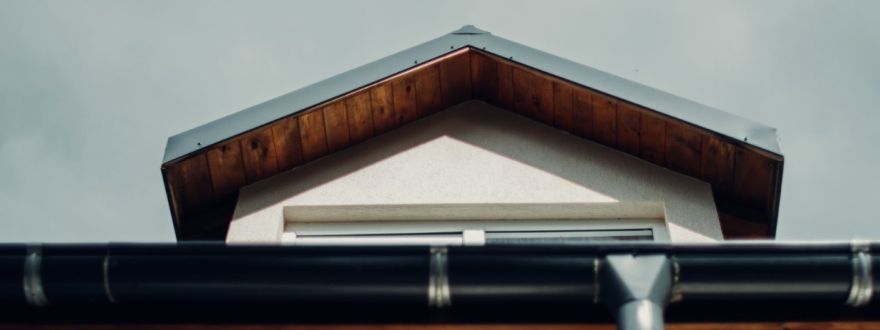
Water is one of the most destructive forces out there, able to wear away at stone or rot an entire wooden deck. Although it's good to have enough moisture in the air and in your soil, it's bad if it's oversaturated.
If you want to protect your home and give it the best chance to thrive, it's a good idea to stop and take some of these steps.
Damp Proof Your Home
The first step you should take is damp proofing your home. Damp proofing is a coating that can be sprayed down on the exterior of your home and stops moisture from making its way into your basement or foundation.
This step will give you the peace of mind that water isn't going to seep through and can last for over 30 years, so you don't have to worry once it's in place. This is most important for areas with a lot of moisture in the air.
Check the Health of Pipes and Faucets
Regularly check your pipes and faucets for any signs of corrosion or buildup at the fittings and valves. Stains on the bottom of cabinets that have lines in them can also show that something is wrong.
Most metal piping can last between seventy to a hundred years, but PVC piping can only last for half of that, so it’s vital to get it checked out often.
Use Waterproof Tile and Paint
Waterproof paint and tiles should be used in any area outside of the home! This means your deck if you paint your mailbox, your patio, your siding, and any other place, you may apply paint. Failing to do so can have your paint to flake off or could even cause it to lift and hide mold beneath it.
Taking this step will protect a lot more of your property than just the paint itself.
Seal Cracks in Concrete Early
Cracks in concrete are a huge safety issue, especially if you don't fix them as soon as possible. When moisture gets into these cracks, it can expand during a freeze and cause them to get larger. This can affect anything from your driveway to your patio and even your foundation. Make sure to fill cracks in concrete as soon as possible to stop them from getting far worse.
Add Enough Insulation Throughout
Insulation is the main key to giving your home a barrier against moisture. High-quality insulation throughout your home will block water, sound, and temperature fluctuations, making it as safe as possible.
This is especially useful in areas like bathrooms to stop that moisture from getting to the rest of your home and instead send it up through the exhaust fan.
Get Heavy-Duty Gutters
Gutters may not be what most people think of when considering moisture getting into their homes, but it's something that shouldn't be avoided. Good heavy-duty aluminum gutters will guide water off of your land and protect it from flooding or seeping into your basement. Consider investing in gutter guards as well, so you don't have to climb up to empty them often.
Install Water Leak Alarms
If your pipes have leaked before, but you don't want to replace them yet, it could be time to install water leak alarms. These moisture detectors have one job, and that's to sense when water is in your walls or flooring and alert you as loudly as possible. This tells you where the leak is and when it happened.
Create Better Drainage
Drainage is king. If you have good drainage, you can guide water away from your home regardless of how much it rains. Use high-quality outdoor drainage grates to protect it from getting clogged as this system drives water down and away from your home. Some of these are cleverly built to look like they're part of the lawn and should be considered.
Consider a Sump Pump
If you know your area is prone to flooding, and you want to do everything you can to protect your home, it could be time to install a sump pump. Sump pumps help measure how much moisture is beneath your property and will automatically turn on and pump the water away from it when it starts to fill up. This can stop a lot of risk of flooding.
What to do If Moisture Made its Way In
If moisture has already made its way into your property, it’s time to act as soon as possible. Contact a company that can go over your options with you and help you get your property back to how it was.
After your restoration, it's vital that you follow the other steps on this list to continue to protect your home, so it doesn't happen again.
Water is the Most Destructive Force Out There
Whether this is a new property you want to protect or you want to do it all for an older home, it's vital that you stop moisture in its tracks. Follow these tips, and your home will be in the clear.
Roger Marx is a freelance writer that loves sharing his knowledge and expertise on home improvement projects. He lives in Minneapolis, Minnesota where he enjoys spending time with his wife and working on backyard projects in his spare time. Roger’s work as a freelance writer can be found on Building Product Advisor, a new construction industry resource.





